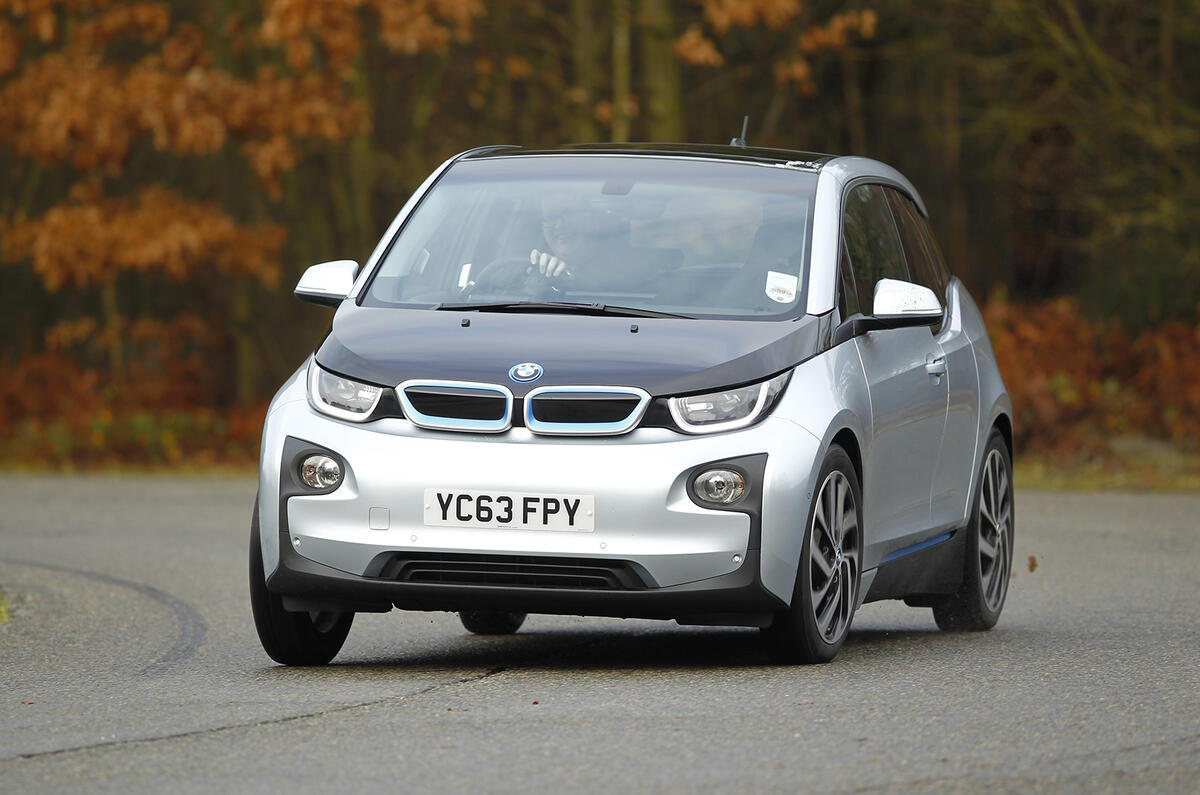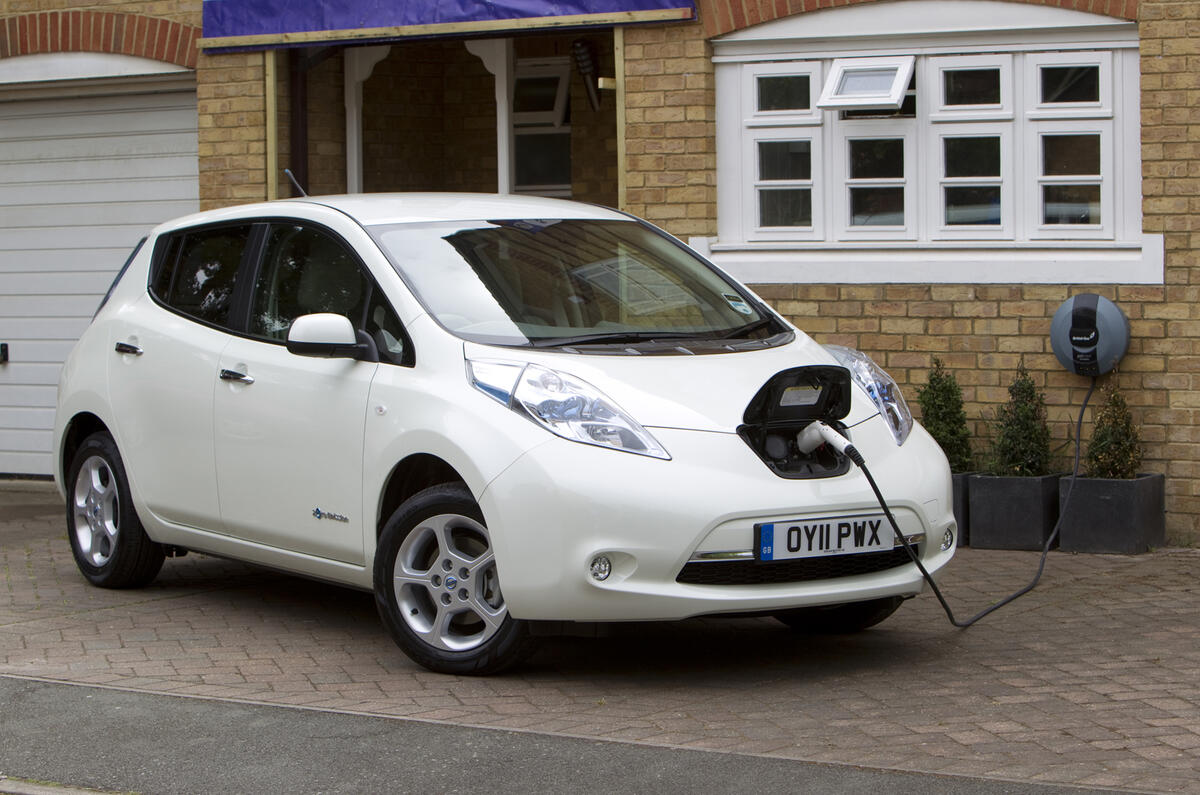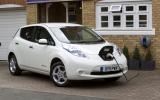Motorists buying electric cars will be able to claim on the government's £5000 incentive until at least 2017. The extended scheme comes as part of a wider initiative for an extra £500 million worth of funding to encourage the uptake of ultra-low emission vehicles.
The funding, which will be made available from next year until 2020, is being used to create new jobs, grow the existing electric charging point network and encourage drivers to choose electric cars.
By far the biggest chunk of funding, some £200 million, will be used to extend the government's current plug-in electric vehicle grant, continuing the £5000 incentive for buying an electric car. The grant has been extended until at least 2017, or until 50,000 electric cars have been sold. The plug-in electric vehicle grant was initially supposed to end in May next year, and offers drivers significant savings on cars like the Nissan Leaf, Renault Zoe and BMW i3. The grant brings the price of an all-electric i3 down from £30,680 down to £25,680.
The existing EV charging infrastructure will also be boosted thanks to £32 million of extra funding, the aim being to make rapid electric charging points available across the UK's motorway and A-road network. The charging network for hybrid commercial vehicles will also be expanded thanks to a £4 million boost.
An extra £100 million will be invested in new technology development, which the government says will create more jobs in the UK motor industry as well as offering more support for the supply chain.
Meanwhile, local authorities will also be able to bid for a share of a £35 million pot to become classed as 'ultra low carbon emissions car cities', by offering incentives for drivers of electric cars. An additional pot of £50 million is also available for investment in cleaner taxis and buses.
Some reports suggest the extension of the plug-in car grant is intended to boost poor sales of alternatively fuelled vehicles, which represented just 0.011 per cent of all cars on the road in 2013, down from 0.061 per cent in 2012 and 0.055 per cent in 2011. A total of 2512 alternatively-fuelled cars were registered last year, with sales in 2014 off to a good start thanks to 823 new registrations in March alone.
Speaking at the launch of the initiative deputy prime minister Nick Clegg said: "Owning an electric car is no longer a dream or an inconvenience. Manufacturers are turning to this new technology to help motorists make their every day journeys green and clean.
"This major investment is there to make driving an electric car affordable, convenient, and free from anxiety about the battery running out. But it’s also about creating a culture change in our towns and cities so that driving a greener vehicle is a no-brainer for most drivers."







Join the debate
Add your comment
I too am against the waste of
As for Electric cars, the real issue is that these grants are also available for plug ins, like i8, and Panamera hybrid. It really should be capped and only available for cars costing less that a certain amount, say £25k.
And of course the loss to the taxpayer is much worse after people have got an EV. No road tax, no fuel duty, next to no vat, very little CoCar tax. I am sure that adds up to many times this £500,000,000 headline
artill wrote:I too am against
Again I couldn't agree more, is anyone considering spending £100k on an i8 more likely to buy one if the price is subsidised by £5k, I think not, I can just see the BMW board of directors now worrying about all the lost sales of the i ranges if the grant was cut.
nonsense
What a waste of taxpayers'